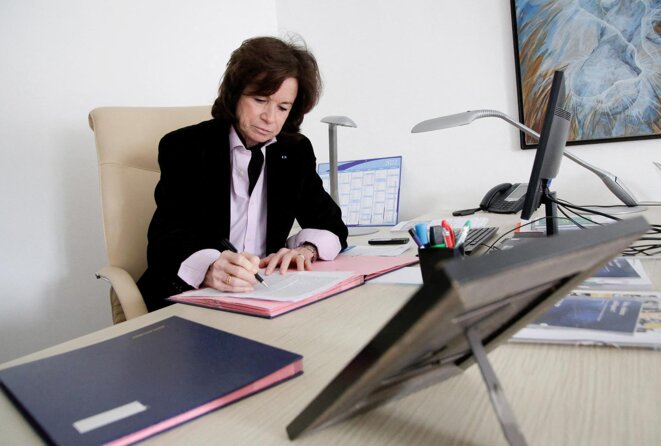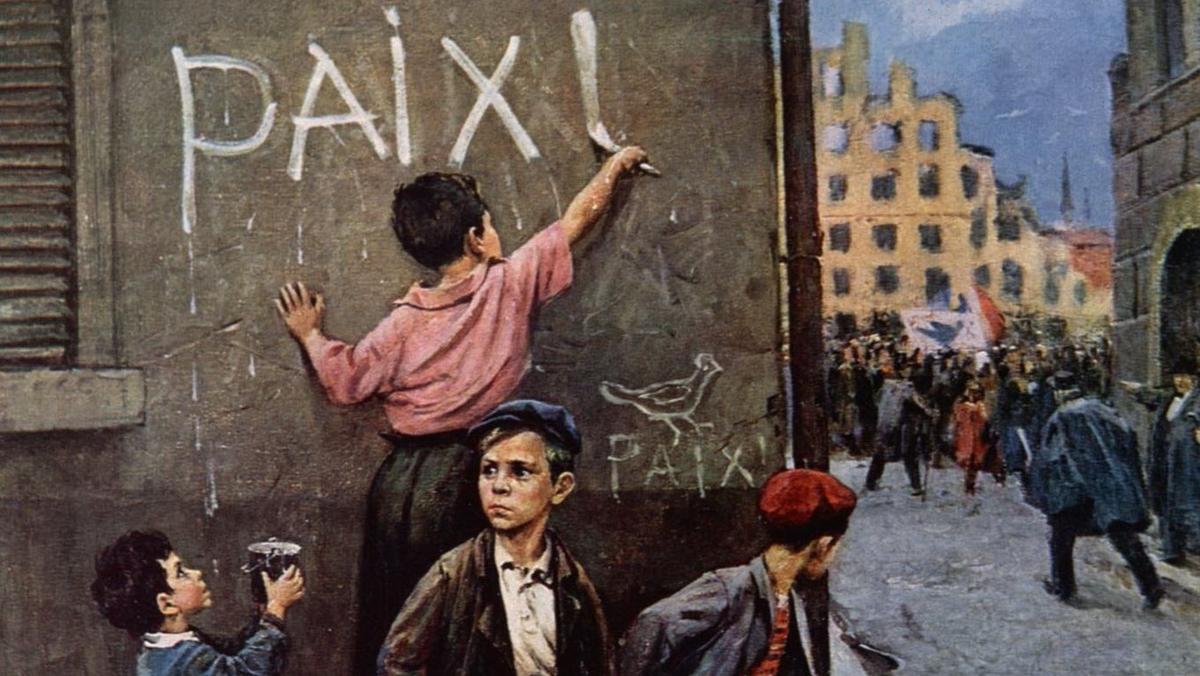An increasing number of Iranian politicians, media outlets, and senior clerics are voicing criticism of the government's handling of the country's worsening economic crisis.
With inflation expected to surpass 50%, the Iranian people are facing increasingly desperate conditions.
Referring to the hardships that many families are grappling with, Ayatollah Abdollah Javadi-Amoli warned that these problems could eventually lead to loss of faith in a meeting with the CEO of Iran’s National Bank (Bank Melli Iran) earlier this week.
Emphasizing the importance of Islam, he stated, “Religion will be wrecked if the economy cannot satisfy [the needs of the] people…After religious matters, money and wealth are what matters the most in the country.”
As a former member of the Expediency Council and a "marja" – a high-ranking religious authority in Shia Islam with many followers – Javadi-Amoli's views are considered significant. Government officials often visit him for both religious and political guidance, reflecting his continued influence.
An official from the Ministry of Roads and Urban Development stated on Saturday that Iranians in the lowest six percentiles cannot afford to buy a house, and that even renting is unaffordable for those in the lowest four percentiles.
“We are facing people who cannot even afford maintenance costs even if we provide their housing,” Naser Rezaei, deputy director of New Towns Development Company of the ministry said.
Iranian media, including some conservative outlets, are increasingly critical of the government's failure to control inflation and prevent the depreciation of the national currency. They also point to ambiguous and often contradictory regulations that enable corruption in the sector.
According to the conservative Khorasan newspaper, for instance, the prices of various legumes, an important item in the Iranian diet, have increased by 30%, red meat by 25%, and rice, also a staple, by 10%.
The newspaper contended that the rise in food prices is not related to increased demand during the month of Ramadan or the conflict with Israel, as officials often claim. Instead, it argued that the increase occurred before these events and is solely the result of government policies.
“The government's economic team is weak, but the weakest of all is the government's economic management,” lawmaker Jalil Rahimi-Jahanabadi, one of the few so-called reformists in the soon-to-be outgoing parliament, told Khabar Online.
Rahimi-Jahanabadi, who is also a member of the parliament's National Security and Foreign Policy Committee, argued that while there may be experienced officials at the first deputy and minister levels, the government lacks an "economic commander." He noted that President Ebrahim Raisi, coming from a judiciary background, has no experience in economic matters.
Recently, discussions have predominantly focused on the ongoing and significant friction between the Minister of Economy, Ehsan Khandouzi, and the Governor of the Central Bank of Iran, Mohammadreza Farzin.
The stark differences in the policies of the two economic bodies, which have recently become more publicly known, have, many say, nearly paralyzed the government's economic apparatus.
Despite the evident issues, the government continues to assert that its economic bodies have made significant progress and denies any problems.
Sepehr Khalaji, head of the government’s information council, stated on Wednesday that there are no plans to make changes to its economic structure.
On Saturday, the reformist Etemad Online published excerpts of an interview with former President Hassan Rouhani’s VP, Es’hagh Jahangiri, in which he criticized both the government and parliament for their economic policies and widespread corruption.
In the interview, conducted over a month ago, Jahangiri expressed his shame over the fact that regional countries, which he said were once less developed than Iran, have now become the benchmark for comparison among Iranians.
“They once compared themselves with Europeans, well, if not Europe but at least Japan and [South] Korea,” he said.

 1 week ago
32
1 week ago
32


